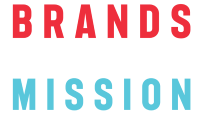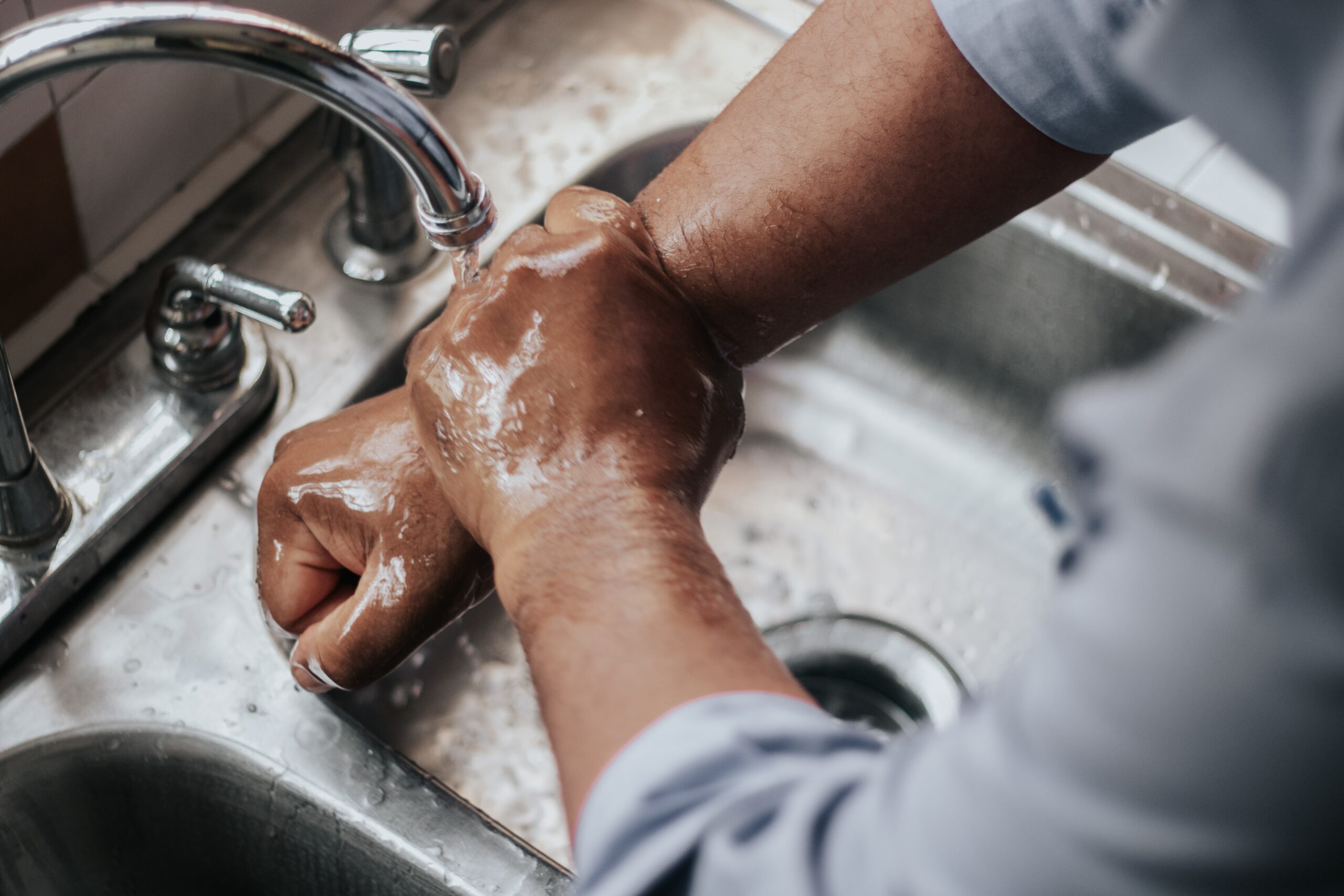Russia’s invasion of Ukraine has resulted in millions of Ukrainians fleeing to neighbouring countries. NATO is sending much needed armaments but is otherwise staying out of the conflict. The economic retaliation has been very wide ranging, cutting Russia off from much of world commerce. But what about brands? I’ve written about what they can do to promote health and well-being – what can or should they do to address this terrible breach to peace, stability, and morality?
Let’s start with the three levels of support seen so far. Starting back in 2014, when Russia annexed Crimea and seized the Donbas area, major brands either said nothing or responded with vague statements urging peace. No one expected Russia to actually invade the rest of Ukraine, but those mild protestations surely contributed to Russia raising its ambitions. The loud support statements from brands have been heard everywhere. Level one is the lack of brands’ support.
Once the invasion began in February 2022, many brands stepped up to level two and decided either to boycott or to drastically limit operations in Russia. McDonald’s, Ford, IKEA, Sony, and others either pulled out of the country entirely or shut down their operations. (Most have continued, at least for now, to pay their employees.) Pepsi stopped producing soft drinks and snacks but maintained its dairy business. Among the few brands still in full operation are agricultural and other “essential” businesses, with the justification that they are helping to prevent a global food crisis – Ukraine and Russia together grow a quarter of the world’s wheat and other crucial goods.
That’s all well, but shows little courage or creativity. After all, with Russia’s new financial isolation, it was going to be hard for brands to get much money out of the country for a long time anyway.
More impressive is the third level, where brands actively support suffering Ukrainians with in-kind donations or waived fees. Airbnb has helped find housing for refugees in Poland and elsewhere. Verizon is dropping charges on wireless communication in Ukraine. World Central Kitchen is making 10,000 sandwiches a day for Ukrainian Refugees as they arrive in Lviv.
These types of activities demonstrate how brands can use their creative talent and genuinely give comfort to people fleeing the ravages of war. I hope brands will strive to reach at least the third level with a real focus on the most vulnerable, women and children. And maybe brands can help everyone else, perhaps still materially comfortable and safe, but shaken by this brazen act of aggression? Brands can help not just with material needs but also with mental health, sure to be an issue for years to come.
An easy way would be to help fundraise for refugee assistance. Brands (and marketing agencies) could lend their creativity and expertise to developing powerful content that attracts attention and opens wallets. They’d be doing everyone a favour – not just Ukrainians, but the rest of us who feel powerless. They could take a cue from the successful concerts Live Aid (famine in Ethiopia) and Farm Aid (American farm depression) in the 1980s or even Comic Relief’s work.
More challenging, but potentially more gratifying, would be for brands to come up with direct ways to support refugees. They could help devise and donate products and services for displaced people, whether in tent cities or affluent countries. Ones that keep them comforted and where all of us can send love and resources to refugees.
Ideally, the war in Ukraine could become a turning point to a new era of empathy throughout the world – and empathic capitalism. The Ukraine invasion is moving other, ongoing refugee crises off the news, from Syria to Tigray and Yemen. The innovations that brands devise for Ukraine could help millions of refugees, as well as the rest of us wishing to do more.
For Brands looking for a larger purpose, here’s an opportunity to make a big difference.



